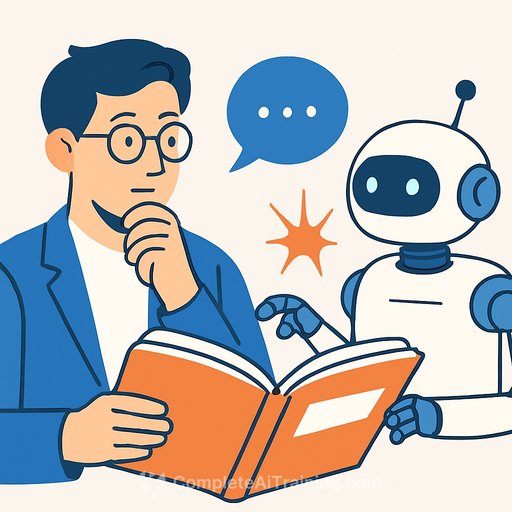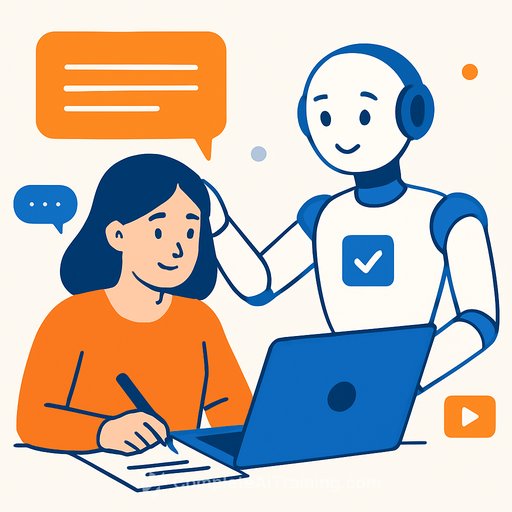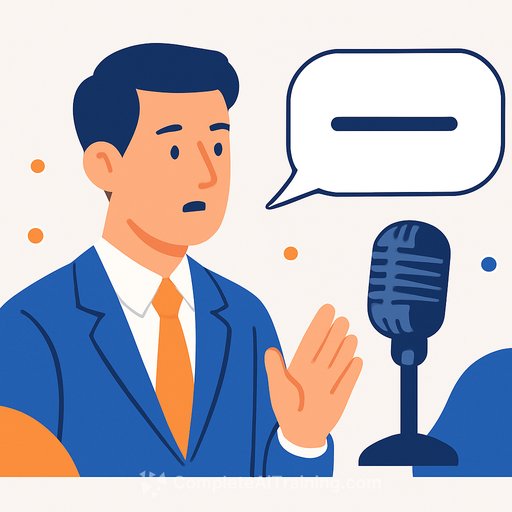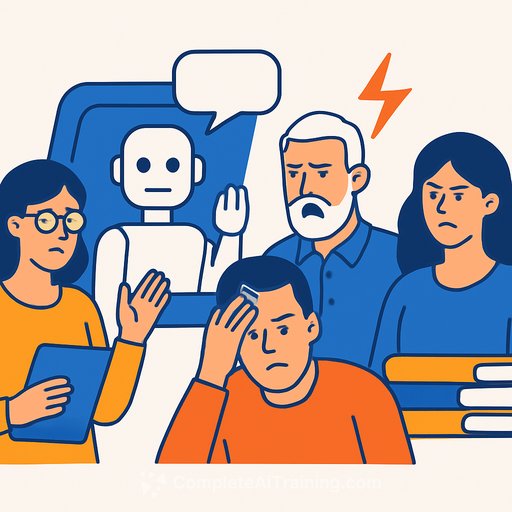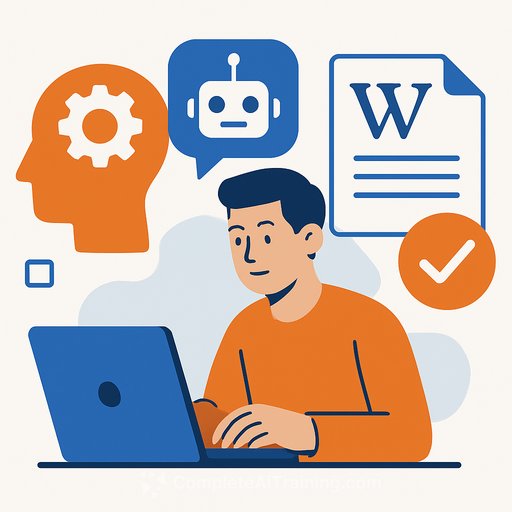AI won't replace top-tier writers, says Bloomsbury CEO Nigel Newton - here's what matters for working writers
Nigel Newton, CEO of Bloomsbury Publishing-the house behind Harry Potter-says AI can help more people start writing, but it won't replace elite authors. His take is simple: use AI to get moving, not to do the whole job.
"AI gets them going and writes the first paragraph or first chapter," he told PA news agency. Helpful for momentum. Not a substitute for an author's voice.
What Newton actually said
Newton believes AI has uses across creative fields: painting, music, and writing. Still, he warned against using AI to generate entire books.
Readers trust names they know. As he put it, we're wired to find comfort in big author brands-and that preference is only getting stronger.
Why this matters for your writing practice
- Use AI for starts: opening paragraphs, hooks, and scene stubs when you're stuck.
- Keep the voice human: rewrite AI output in your tone; add specific detail only you would know.
- Own structure: rely on AI for outlines and alternatives, then pick and refine.
- Don't outsource the book: AI can seed ideas, but sustained narrative, theme, and texture need you.
The business signal behind the quote
Bloomsbury's sales are up, driven by major names like Sarah J. Maas. That's a data point: audiences still show up for authors they trust.
Bloomsbury also reported a 20% revenue jump in its academic and professional division, largely tied to an AI licensing deal. AI isn't just a tool for writers-it's becoming part of publishing's infrastructure.
Legal backdrop you can't ignore
Even as Newton sees upside for new writers, high-profile legal fights with AI firms continue. Recently, Anthropic agreed to pay $1.5 billion to settle a class action from authors who said their works were used without permission to train a chatbot.
What this means for you: be clear on rights, attribution, and the sources your tools use. This space is moving-protect your IP and read the terms.
A simple AI-assisted draft sprint
- Define intent in one sentence: who the piece is for and what outcome they get.
- Drop notes or a synopsis into your AI with a prompt: "Draft 3 opening hooks in different tones."
- Pick one, then rewrite it in your voice. Add one personal detail and one concrete image.
- Ask for a 10-beat outline. Keep 5, replace 5 with your own.
- Expand two beats into 200-300 words each. Ignore the rest for now.
- Run a contradiction check: "List unclear claims, clichés, and generic sentences." Fix them.
- Compile, then read aloud. Tighten verbs, cut filler, add specificity.
Brand still wins-so build one
Newton's point about name recognition is a cue: consistency and distinctiveness compound. AI can help you publish more, but quality and voice make readers stay.
Set a cadence you can keep. Ship, learn, refine, repeat.
Further reading and resources
- Bloomsbury Publishing for context on the house's strategy and authors.
- Anthropic to track company updates and policies.
- AI tools for copywriting (curated) for practical tool picks you can test this week.
- Prompt engineering guides to sharpen inputs and cut rewrite time.
Bottom line
AI is a kickstart, not the author. Use it to beat the blank page, keep your voice intact, and play the long game of building trust around your name.
Your membership also unlocks:

